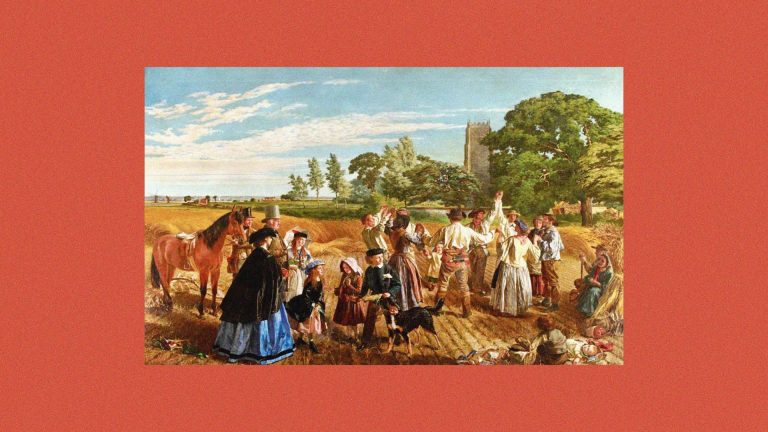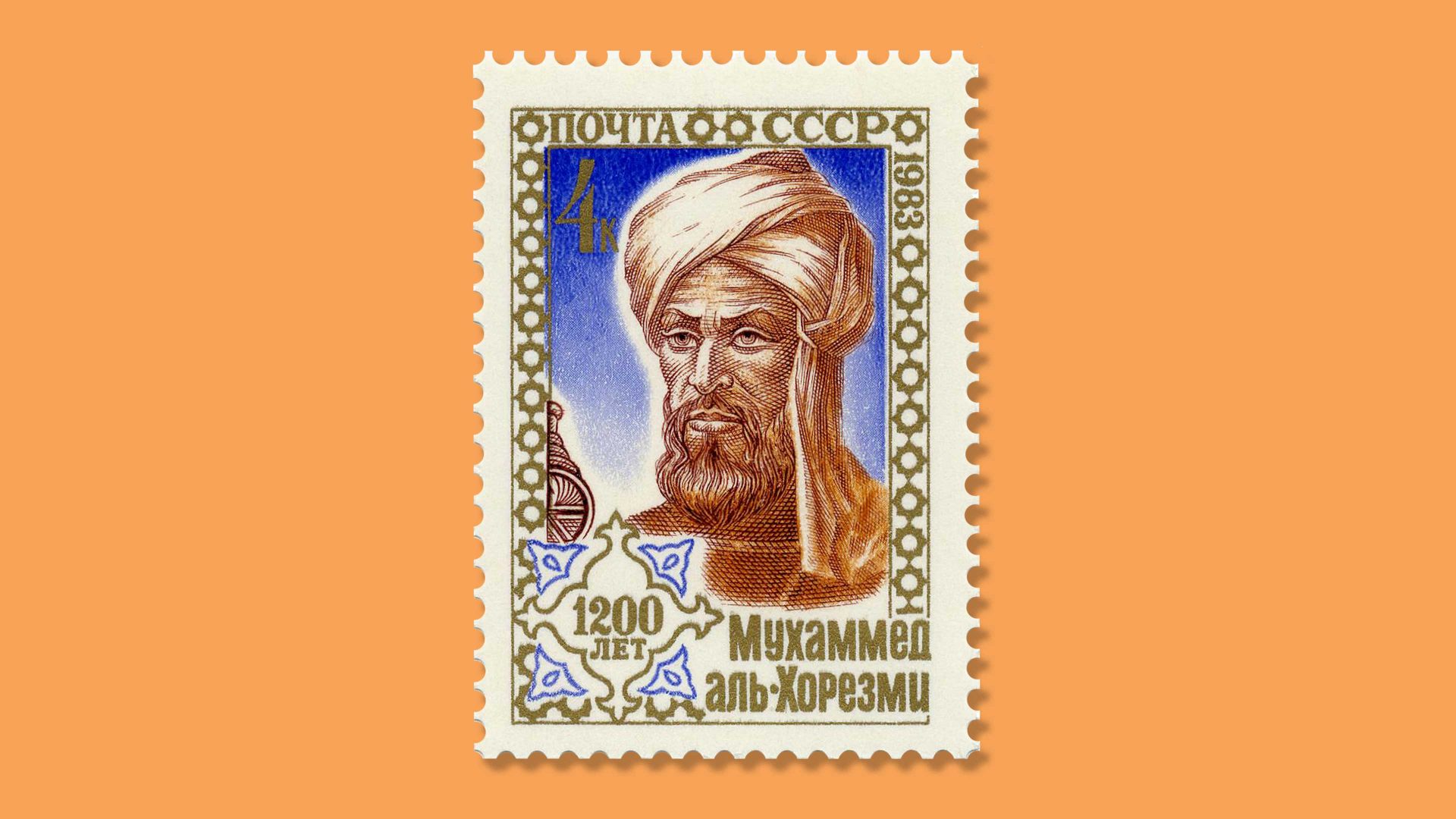Several English words beginning with al- have been borrowed into our language from Arabic, where the form al- or el- is most often translatable into English as the definite article “the”. Arabic loan-words in English which fall into this category include albatross, alchemy, alcohol, alcove, alfalfa, algebra, alkali and almanac.
Alcove came into English in the mid 17th century from French alcôve, which had been borrowed from Spanish alcoba, which was derived from Arabic al-qubba, meaning “the vault”. Almanac was similarly borrowed from the Iberian Arabic al-manak “the calendar”.
Many of the words in this English Arabic-loan category date from the time when the Islamic Arabic scholarship of the Levant, together with the mixed Arabic and Berber scientific traditions of the Maghreb and the Iberian peninsula, were probably superior to those anywhere else in the world.
The word algebra came into English via an identical post-classical Latin word meaning “algebraic computation”, which originated in Arabic al-jabr “restoration (of something which is missing, lost, out of place, lacking), reunion of broken parts (including the surgical treatment of broken bones)”, from jabara “to restore, to reunite”.
These days, we hear rather a lot about algorithms, particularly with reference to social media content and advertisements. An algorithm is a step-by-step procedure used in calculations, problem-solving, or performing a specific task. The meaning of the term has broadened over the last half-century to include any method of computation, especially with reference to computing.
Suggested Reading


A generous interpretation of an ancient practice
The word algorithm would appear at first sight to come into the same Arabic-loan category as algebra, and it does indeed have an origin in the Arabic language, though via a rather complicated route.
The earliest form of the word in Middle English was algorism, which came from Old French algorisme, referring to “the Arabic numeral system”. Algorithm first appeared in English in 1596, via French algorithme, from post-classical Latin algorithmus. This re-spelling with th rather than s was made under the misapprehension that there was a connection with Greek arithmos “number”.
The Medieval Latin algorismus was a less-than-perfect transliteration into the Latin alphabet of the Arabic word al-Khwarizmi, “the man from Khwarazm” – a major city in Uzbekistan near its southern border with Turkmenistan, now known in the modern Turkic Uzbek language as Khiva.
Al-Khwarazmi was the name that the famous ethnically Persian Muslim mathematician and polymath Muhammad ibn Musa al-Khwarizmi (780-c.850) was known by. His works were instrumental in introducing sophisticated mathematical concepts and techniques, including algebra, to the west, via Latin, Greek and Hindi translations.
Latinised versions of his name, and of his most famous book, live on in the terms algorithm and algebra. Al-Khwarizmi came to live in Baghdad, where he worked at the “House of Wisdom”, the centre which acquired and translated scientific and philosophic treatises, particularly in Greek, as well as publishing original research.
One of Al-Khwarizmi’s best-known groundbreaking works was called, in Arabic, Al-Kitab al-mukhtasar fihisab al-jabr waʾl-muqabala (The Compendious Book on Calculation by Completion and Balancing). It was translated into Latin in the 12th century, and from this book the word al-jabr gave rise to our modern term algebra.
Maghreb
The term Maghreb is usually taken to refer to the area of North Africa which lies between the Mediterranean Sea and the Sahara Desert, particularly parts of Morocco, Algeria and Tunisia. Etymologically, the term derives from the Arabic for “the place where the sun sets, the West”.




